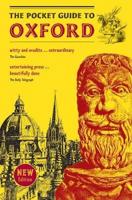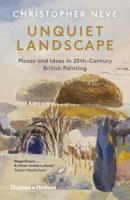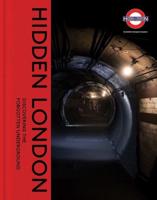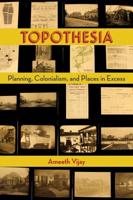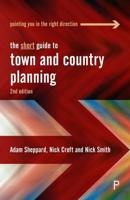Publisher's Synopsis
CULTURAL TOURISM POLICIES IN GREECE Cultural tourism often uses the ancient cultural capital to achieve medium-term economic benefits. As with any other physical resource, tourism demand on cultural heritage may be excessive and thus negative. However, the interaction can be made beneficial, if well planned and managed. Cultural tourism provides new opportunities for wedding conservation to economic development. This monograph examines this question in Greece at a moment when tourism is considered a modern divinity and many qualitative values are sacrificed for it. The research takes a broad perspective, examining the nature of the relationship between tourism and ancient heritage, and investigates the possibilities of integrating cultural tourism in planning. It concludes with general guidelines for the decentralisation and democratic planning of cultural tourism activities and specific proposals for local organisation and management. The suggestions for local development have been developed through a case- study in Samos and the cultural tourism activities to enhance the potential of the Heraion heritage site.


